Leather lifting belts come in two main styles: prong belts and lever belts. Each style offers unique advantages and disadvantages that lifters should consider before making a purchase.
The primary difference between a lever belt and a prong belt is their fastening systems. Lever belts can be tightened more securely but are harder to adjust compared to prong belts. Lever belts are typically favored by advanced powerlifters, while prong belts are versatile enough for lifters of all levels, including Olympic lifters, bodybuilders, and recreational lifters.
If you're a lifter looking to purchase your first belt or upgrade your current one and can't decide between a prong or lever style, this article is for you.
What Is A Lever Belt?
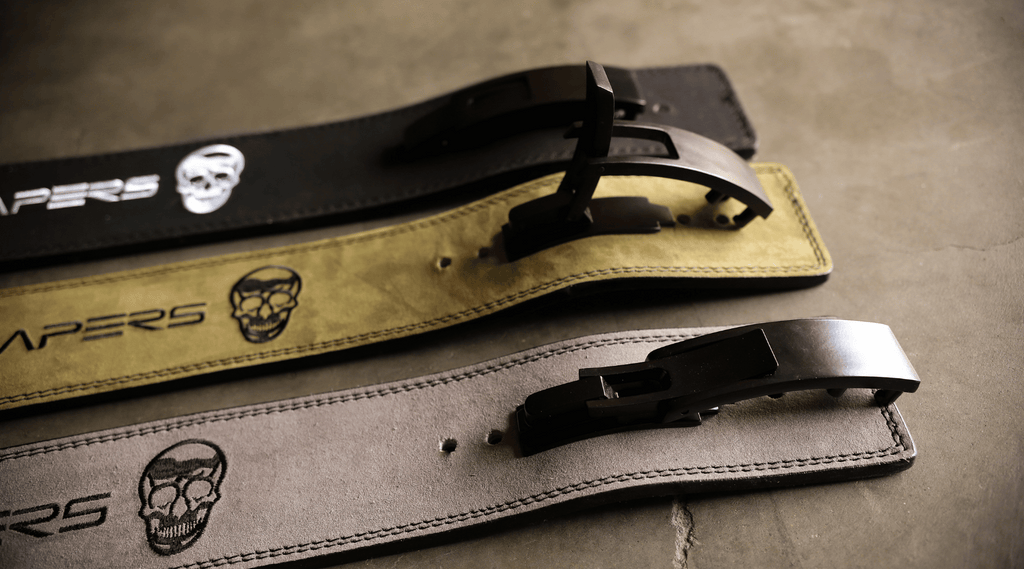
A lever belt is a type of lifting belt that uses a lever system to fasten the belt. The clasp is like a lock and key fit, once you secure the ‘teeth’ into the holes, you can press on the lever handle to cinch the belt into a secure fit.
A lever belt is easily secured and offers a tighter fit than a prong style belt, however it needs to be initially adjusted with a screwdriver to customize the fit.
Lever belts are typically reserved for more intermediate and advanced lifters who are looking for a specific belt to wear on squats and deadlifts, and is the preferred style for most competitive powerlifters.
What Is A Prong Belt?

Prong belts are secured either by a single or double prong fastener (the picture above shows a double prong). The prong belt is fastened similar to how you would use a belt for jeans or dress pants.
Prong style belts are usually more cost effective, offer good support, and can be worn at varying levels of tightness (if you prefer a tighter fit on some lifts, and a looser fit on others).
Prong style belts are the most common type of lifting belt on the market, and can be used for many different styles of exercises or activities (Crossfit, bodybuilding, Olympic weightlifting, etc.).
6 Differences Between Lever vs Prong Belts

Below are five main differences between lever and prong style lifting belts.
1. Lever Belts Are More Expensive Than Prong Belts
Lever belts can vary in price, but it is safe to say you should expect to pay 10% more for a quality lever belt than a quality prong-style belt.
If you are in need of a lever belt, the price is easily justified as a good leather lever belt will last you many years.
2. Lever Belts Are Harder To Adjust On The Spot
Lever style belts are more difficult to adjust tighter or looser on the fly, however they will provide a more secure fit once you adjust the lever (with a screwdriver).
Unlike prong style belts, lever belts allow you to find the right fit by unscrewing the lever and moving it forward or backwards to get a snugger or looser fit.
The downside to this is that it can be challenging to change the fit if you end up gaining or losing weight or are wearing it over a sweatshirt one day and t-shirt the next.
With a prong style belt, you are able to easily adjust the fit without needing a screwdriver and can do this in seconds.
3. Lever Belts Can Be Set Much Tighter Than Prong Belts
Lever belts can be worn much tighter than prong belts because you are able to customize the fit by adjusting the latch to fit your specific measurements. It is also much easier to get that tight custom fit.
Getting a prong belt tight can take a lot of pulling on the strap (some lifters use a squat rack to help or a training partner) to set the prong one more hole tighter.
4. Lever Belts Are Not As Versatile As Prong Belts
Prong style lifting belts offer you more versatility than lever belts, which is not necessarily a bad thing. You just need to be aware of the varied types of movements that you do in the gym, and whether this warrants a more versatile belt or not.
With a prong belt, you can easily adjust the fit between sets and exercises without any additional tools.
If you are looking for a belt to wear on a variety of movements (squats, deadlifts, bent-over rows, strongman lifts, WODs, etc) a prong-style belt offers you the ability to wear a belt looser or tighter.
The lever belt is limited in this sense because it offers only one type of fit once you customize it.
5. A Lever Belt Comes In Two Different Thicknesses
A lever belt comes in two different thicknesses - 10mm and 13mm. On the other hand, a prong belt will only come in 10mm thickness.
The fact that a prong belt only comes in 10mm thickness is not necessarily a bad thing. This is because most people will opt for a 10mm belt, and will therefore have a choice between a lever or prong belt.
However, if you're the rare person that requires a 13mm belt, then the lever belt is the only option for you.
You may need to consier a 13mm belt if you are an advanced powerlifter, lifting 2-3X your body weight, and have already used a 10mm belt for several years.
6. A Lever Belt May Require A Slightly Longer Break-In Period
All leather lifting belts regardless of the fastening style (lever or prong) will require a short break-in period. That said, a lever-style belt may require a slightly longer break-in period, especially if you opt for the thicker version (13mm).
As mentioned, lever belts require you to customize the tightness with a screwdriver, and you may have to adjust it throughout your training to account for body weight changes, bloating, time of day, and type of exercise, all of which will impact how long it takes to break in a belt.
What To Consider Before Buying A Lever or Prong Belt

Below are a few important factors you should consider when asking yourself if you should buy a lever or prong-style lifting belt.
Are You a Beginner Lifter?
If you are a beginner lifter, you are probably better off getting a prong-style belt as it allows you to adjust the fit more easily, can be worn for a variety of movements, and is more cost-effective.
A lever-style belt is best reserved for lifters who are trained in belts before and have a strong foundation of lifting heavy both with and without belts.
Is This Your First Time Buying a Lifting Belt?
Prong-style belts offer high levels of support, however, can also be worn for a variety of movements.
On the other hand, lever belts offer a super tight fit, however, they can be difficult to adjust and cannot be worn for long periods of time or for a variety of movements.
Do You Plan to Use a Lifting Belt ONLY for Squats and Deadlifts?
If you are planning on using a lifting belt for ONLY squats and deadlifts, and have worn prong-style belts before (and want more support), a lever belt may be a good option for you.
While lever belts lack versatility in the gym, they are great for specific purposes, such as providing a custom and secure fitting belt during squats and/or deadlifts. Prong-style belts are also very capable, with many advanced lifters still using them.
Do You Plan to Fluctuate in Weight Throughout The Year?
If your weight fluctuates throughout the year or if you plan on going up or down a weight class, you may want to purchase a prong-style belt as it is much easier to adjust the tightness of the belt.
A lever-style belt can be adjusted, however, it requires a screwdriver to do, which may be more of a hassle if you are just in need of an all-around quality lifting belt that provides support for your training.
What is Your Budget?
If price is a concern, then a prong-style belt may be the best option as they tend to be 10% less expensive than a lever belt of the same quality.
The only exception to this is if you are in need of a lever-style belt, in which case you should go ahead and invest in a quality leather lever belt as it will last you years.
- Related Article: Leather Vs Nylon Lifting Belt: Which Do You Need (Pros & Cons)
Pros & Cons: Lever vs Prong Belt

Lever Belt Pro
- Allows You to Get a Custom and Extra Tight Fit
- Easy to Get On/Take Off
Lever Belt Con
- Harder to Adjust Sizing
- More Expensive
Prong Belt Pro
- Very Easy to Adjust the Fit
- Can Be Worn on a Variety of Movements
- Less Expensive
Prong Belt Con
- May Not Provide Extra Tight Fit
- Not as Quick To Put On/Take Off
Should You Get A Lever or Prong Belt?

Get a Lever Belt If:
If you are a non-beginner lifter who has had experience wearing lifting belts before, and you are looking for a belt specifically to squat or deadlift in.
The lever belt is a great option for more experienced lifters looking for a very specific style belt that offers a custom, extra tight fit.
Get a Prong Belt If:
If you are a beginner OR if you are a lifter looking for a belt that can provide support for a variety of movements (not just squats and deadlift), then a prong style belt is best.
Prong style belts still offer you great support and can easily be adjusted to accommodate weight fluctuations. Additionally, if you are looking for a belt that can be worn tighter or looser based on the exercise you are performing, then the prong belt is a great option.
Weightlifting Belt Recommendations
Below are our top picks in both the lever and prong style lifting belts.
Gymreapers Lever Belt
- Best 10mm Lever Belt for Powerlifters - 10mm Lever Belt
- Best 13mm Lever Belt for Elite Competitive Powerlifters - 13mm Single Lever Belt
Gymreapers Prong Belt
- Best All-Around 10mm Prong Belt - 10mm Single Prong Belt
-
Best Weightlifting 7mm Prong Belt - 7mm Tapered Weightlifting Prong Belt
Frequently Asked Questions
Are Lever Belts Only For Powerlifting?
Lever belts are typically reserved for squats and deadlifts, however, some lifters will use them for other movements where high amounts of stability are required.
Prong belts are supportive too, but also offer you versatility if you want to wear them for strongman or bodybuilding movements as well.
Do Olympic Lifters Use A Lever or Prong Belt?
Olympic lifters use either a leather tapered prong belt of a non leather quick fastening style belt.
Lever belts provide too much rigidity while doing snatches and cleans, as those movements require flexibility and movement. Prong belts are lower profile, which is ideal when keeping the barbell close to the body.








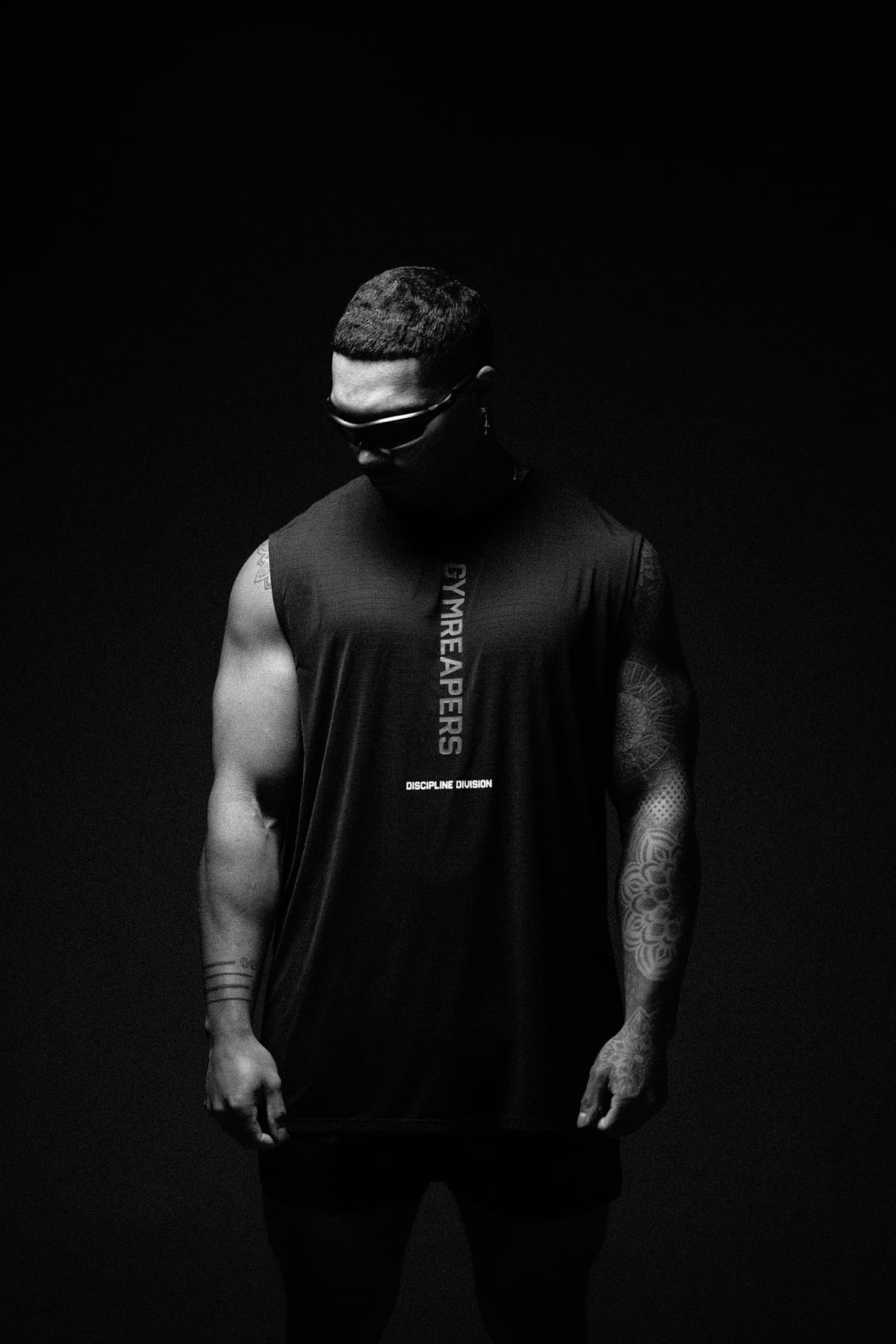
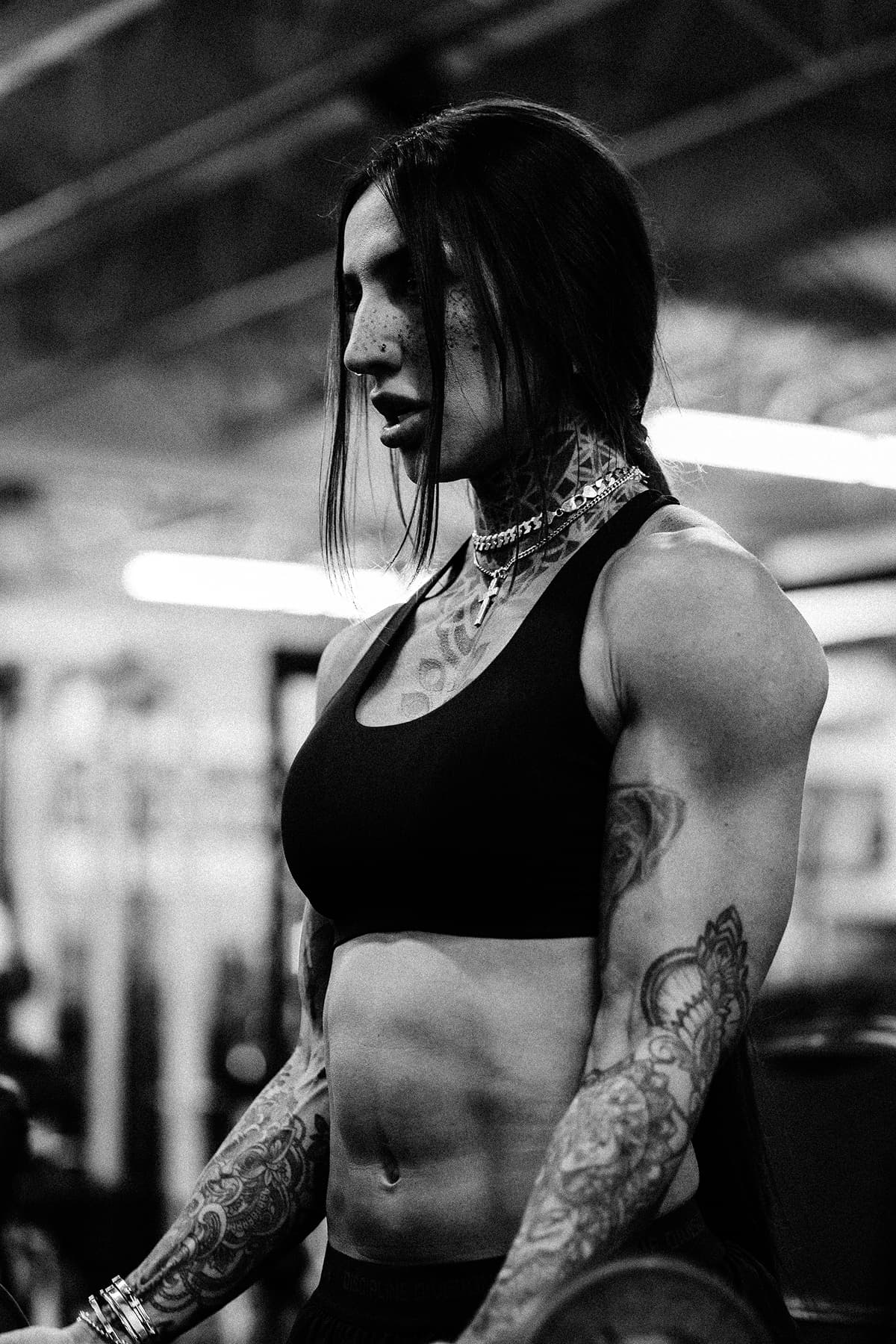
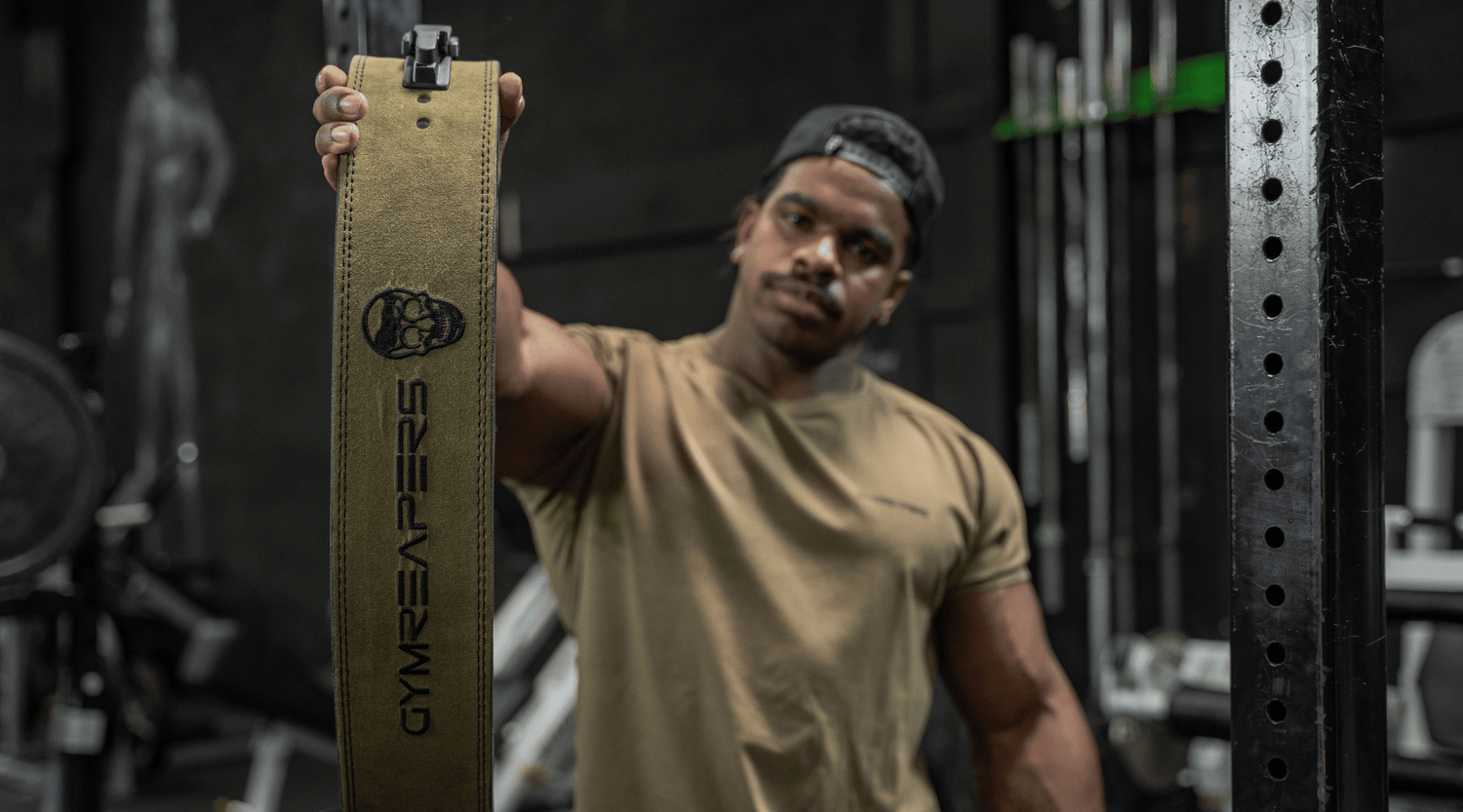
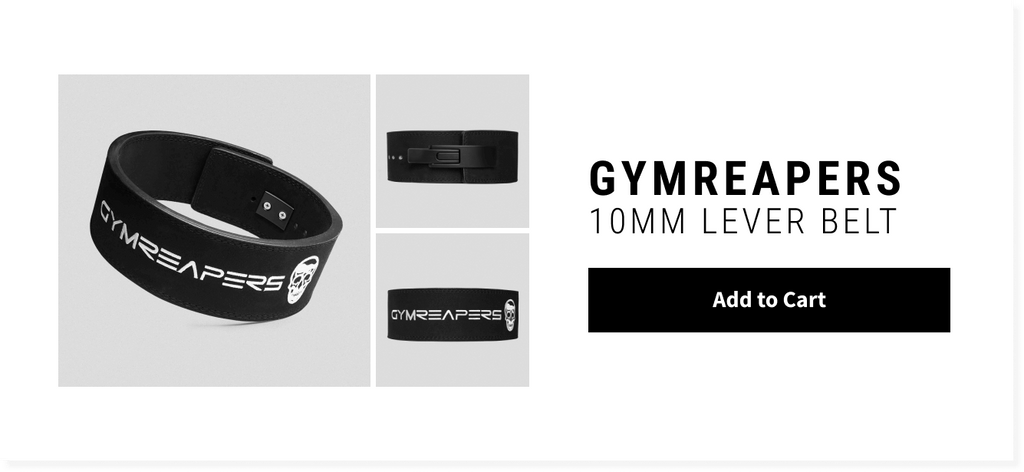
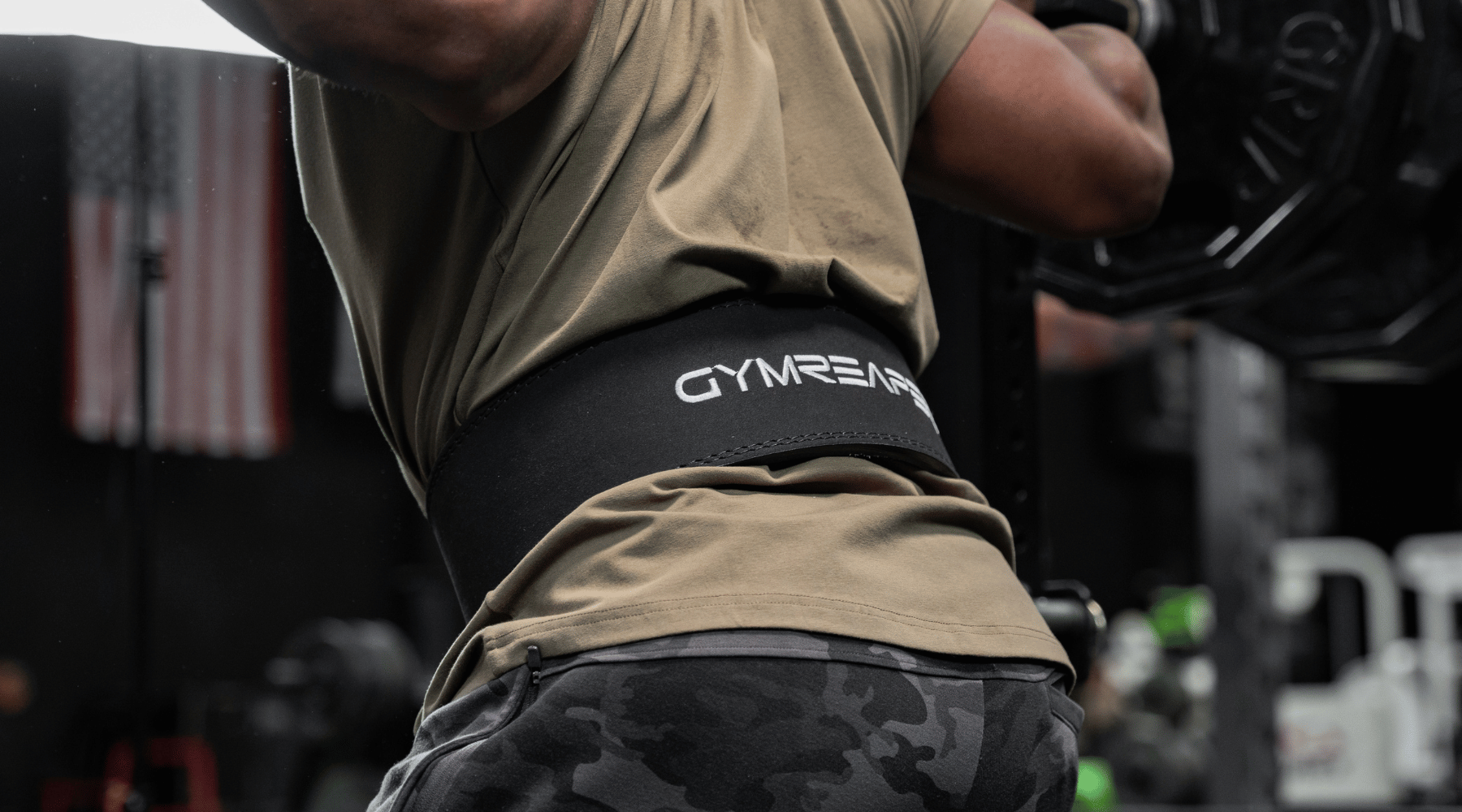
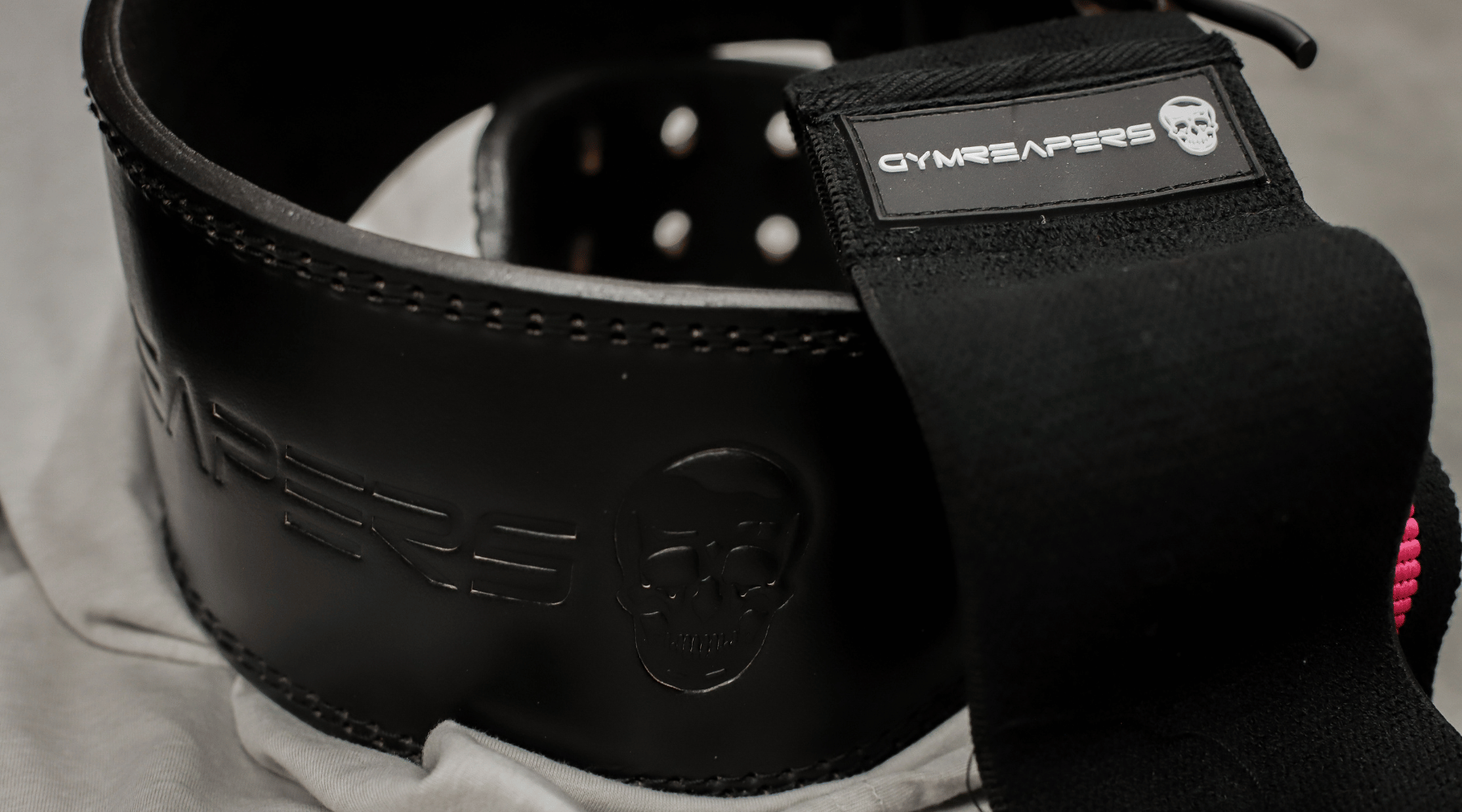
Leave a comment
All comments are moderated before being published.
This site is protected by hCaptcha and the hCaptcha Privacy Policy and Terms of Service apply.